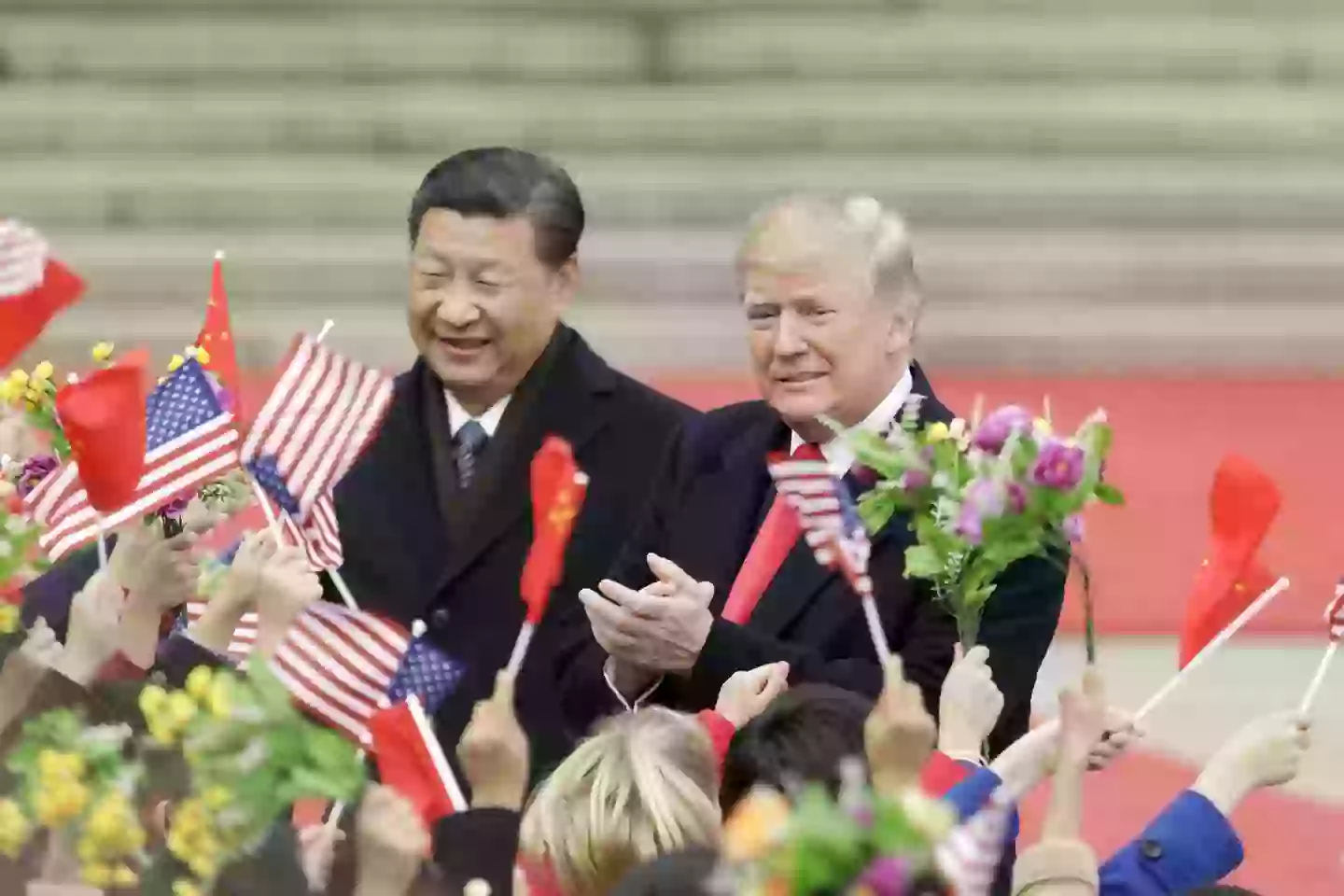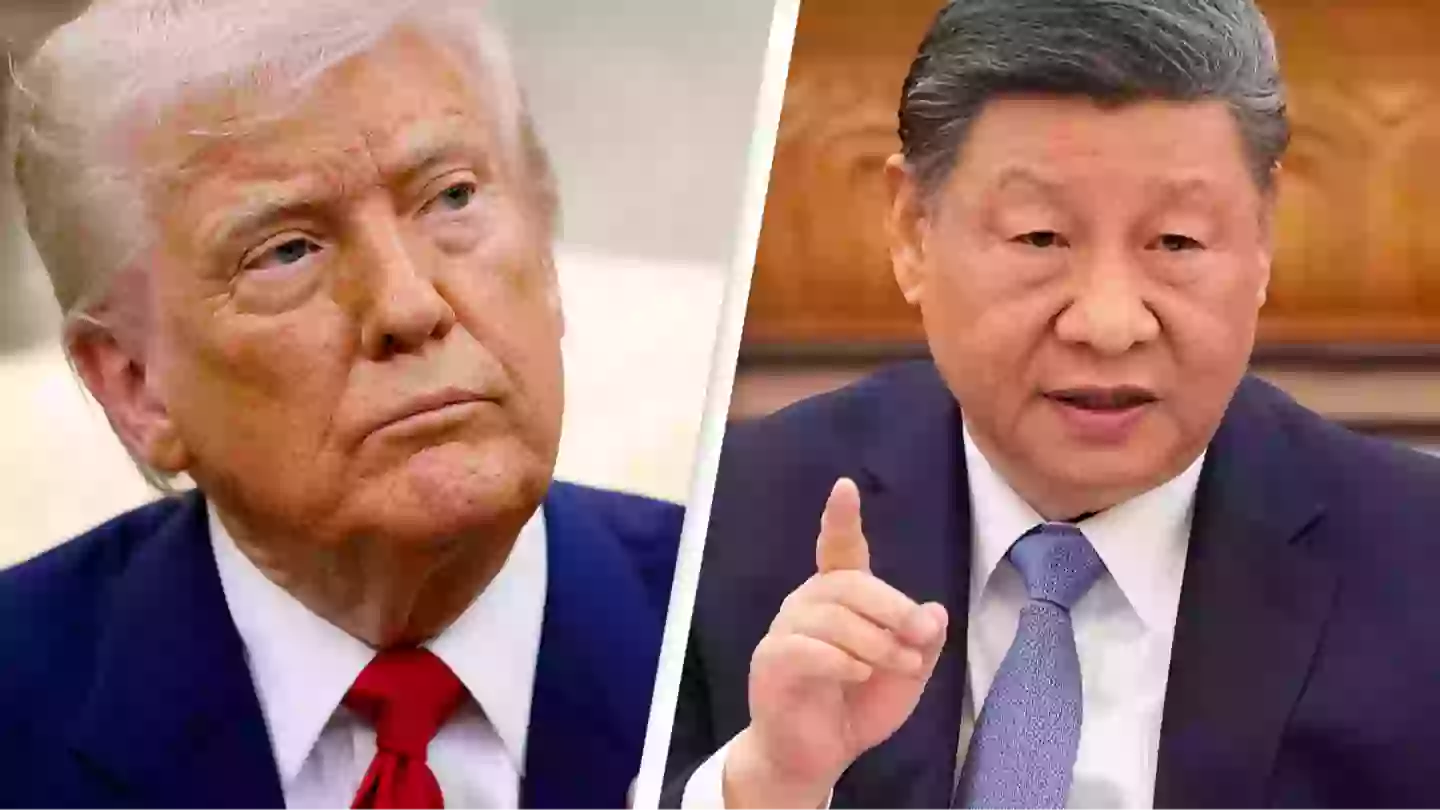US Treasury official Scott Bessent has announced a breakthrough ‘agreement’ between the United States and China regarding their ongoing trade tensions.
Following President Donald Trump’s designation of April 2 as ‘Liberation Day’ for the US, a series of tariffs were imposed on various nations, escalating into a fierce tariff battle with China.
China was significantly impacted by these tariffs, with some reaching as high as 145 percent imposed by the US.
In response to Trump’s measures, China retaliated with its own set of counter-tariffs, some reaching 125 percent.
After more than a month of negotiations with China in Geneva, Bessent announced in a press conference that both countries have reached a ’90-day pause’ on tariffs.
The outcome of this pause in potentially ending the trade war remains uncertain, but Bessent disclosed that both nations have agreed to significant tariff reductions.
He stated: “[Both sides have also agreed to] substantially move down the tariff level. Both sides on the reciprocal tariffs will move their tariffs down 115 percent.”
Previously, China faced tariffs as high as 125 percent on certain US goods, while the US imposed 145 percent on specific Chinese imports.
These rates are set to decrease to 10 percent and 30 percent for the upcoming 90-day period. However, US measures aimed at addressing the illegal trade of fentanyl, reportedly remain in place.
US trade representative Jamieson Greer commented: “Both the Chinese and United States agreed to work constructively together on fentanyl and there’s a positive path forward there as well.”
The pause is scheduled to commence on May 14, with both nations agreeing to ‘establish a mechanism to continue discussions about economic and trade relations,’ according to a joint statement on the deal as reported by the BBC.

This development comes after Chinese Vice Premier He Lifeng described the talks as ‘constructive,’ according to the state news agency Xinhua.
China’s ministry of commerce expressed, as cited by the Financial Times: “We believe that continued consultations will help resolve issues of concern to both sides in the economic and trade fields.”
During this morning’s press briefing, Bessent emphasized: “We want more balanced trade, and I think both sides are committed to achieving that. Neither side wants a decoupling.”
Beijing’s ministry of commerce also stated: “[China and the US have agreed to] continue to advance related work in a spirit of mutual openness, continuous communication, cooperation and mutual respect.”

